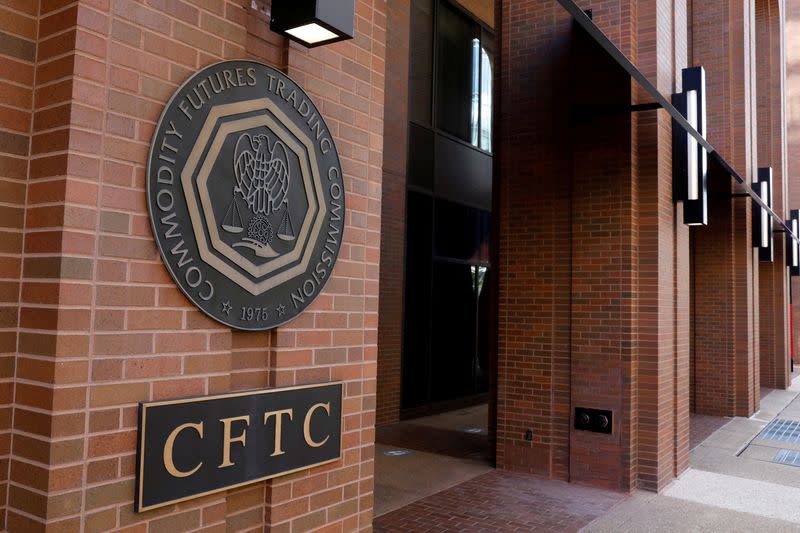Predictions market Kalshi sues CFTC for blocking election contracts

By Laura Matthews
NEW YORK (Reuters) - Predictions marketplace KalshiEX LLC sued the U.S. Commodity Futures Trading Commission on Wednesday, saying the regulator overstepped its bounds when it rejected a proposal to use derivatives contracts to bet on congressional control.
In June, Kalshi sought to list contracts that would let users bet on whether a particular party will control the House of Representatives and Senate in a given term.
The CFTC banned Kalshi from listing and clearing its cash-settled political event contracts in September, concerned that they would involve unlawful gaming and other activities not in the public's interest.
But in a complaint, filed in the U.S. District Court for the District of Columbia, Kalshi argued that the contracts contain no unlawful acts prohibited under the Commodity Exchange Act and therefore, the CFTC has no power to block them.
The CFTC declined to comment.
New York-based regulated exchange Kalshi claimed its event contracts are in no way contrary to the public interest as they would enable hedging against economic risks brought on by one party's control of Congress, and that the contracts' fluctuating prices would provide useful predictive data to the public.
"It is undeniable that election outcomes have consequences for everyone; they play a pivotal role in determining our collective future," the complaint read.
Kalshi CEO and cofounder Tarek Mansour told Reuters: "Access to tools for actively managing election risks is exclusively reserved for institutions and the wealthy, leaving the average American behind. Our contracts will level the playing field for all."
Following September's order rejecting Kalshi's contracts, CFTC Chair Rostin Behnam said they would require the CFTC to act as an "an election cop" which is not part of its mandate.
He added that while it makes sense for the agency to combat things like fraud in commodity markets, it is impractical to do so when the underlying market is a political contest.
The suit claims the CFTC breached the Administrative Procedures Act which sets requirements for how agencies go about proposing regulations and other policies.
At the time of the CFTC's ban on Kalshi's proposal, Dennis Kelleher, chief executive of Better Markets, a nonprofit promoting public interest in financial markets, commended the regulator for rejecting "Kalshi's backdoor attempt to unleash gambling on U.S. elections."
(Reporting by Laura Matthews; Editing by Kirsten Donovan)


